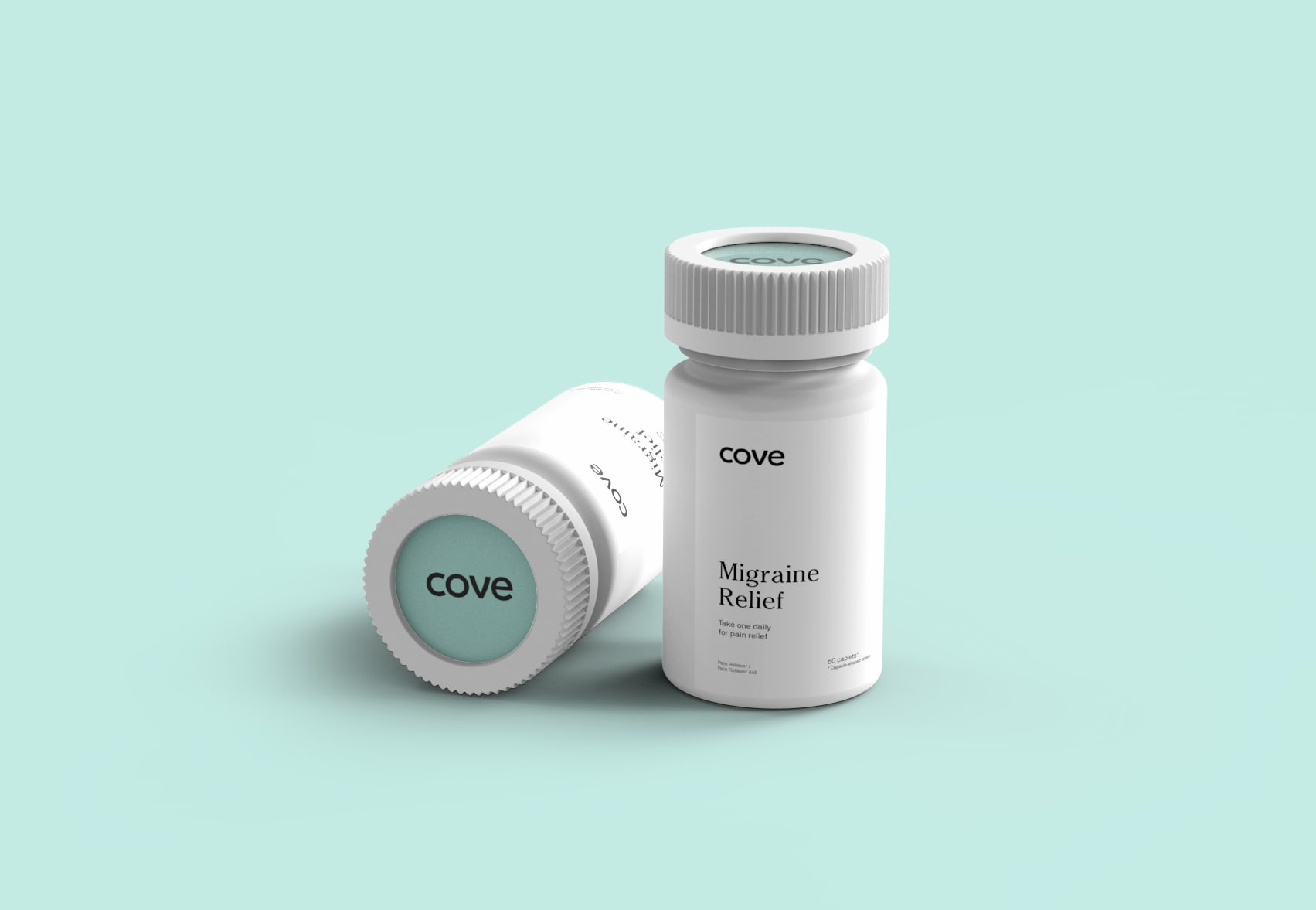When you suffer from migraine, everything begins to look like a potential trigger—even a slight breeze. (Yes, they can be triggered by weather.) But if you haven’t yet considered that your diet might be a factor in your attacks, it might be worth exploring.
Maybe you already know that there are some trigger foods sufferers are often told to avoid, like coffee, red wine, chocolate, and aged cheese. For some people, though, food may play an even larger role in their attacks: Researchers have found that food allergies may be the hidden underlying cause of some people’s migraine headaches. Migraine-causing food allergies can be hard to uncover, but when they are discovered, diet restrictions can be effective at providing sufferers with relief.
Is there a connection between food allergies and migraine attacks?
Scientists are still working to understand the link between migraine and food allergies, which has proved difficult to study. While traditional food allergies are usually easy to detect, the sorts of food allergies that can trigger migraine headaches can be more subtle: Rather than immediate onset symptoms, these food allergies can take anywhere between one and 120 hours to present, at which point it can be difficult for migraine sufferers—and their healthcare providers—to make the connection between a potential trigger food and migraine.
They can also be more difficult to detect using standard allergy tests, though one study found that migraine sufferers were more likely to have elevated levels of antibodies consistent with the body’s immune response to food allergies. Nonetheless, it has become more widely accepted in the medical community that food allergies can contribute to migraine attacks.
How can I tell if a food allergy is triggering my migraine headaches?
It can be tricky to know for sure if something you ate triggered a migraine headache, particularly since diet is just one factor that can bring on an attack. Sounds, weather conditions, stress, and lack of sleep are other known causes of migraine, and if one or more of them is present leading up to a migraine attack it can obfuscate possible allergy-related triggers.
This is why many doctors recommend keeping a migraine diary to track attacks: In addition to documenting specifics about the sensation and side effects of migraine headaches as well as any treatments you tried, it may be helpful to record when and what you ate before an attack, going back as far as a few days. After a few weeks or months of tracking, you and your doctor may be able to notice some common patterns and use an elimination diet to pinpoint problematic foods.
Food allergy headaches may also feel different from other headaches. According to the American College of Allergy, Asthma, and Immunology, allergy-related headaches are often characterized by facial pain, specifically over the sinus area. You may also experience more of a throbbing sensation or find that the headache pain is one-sided.
How do I treat migraine attacks triggered by food?
Treatment methods for other types of migraine headaches may provide some relief for food-related ones as well. Some options include prescription medications, injections, and migraine devices like Nerivio or gammaCore, some of which can provide fast relief. Of course, it’s always best to discuss treatment plans with your doctor—everyone is different!
How do I prevent my food allergies from giving me migraine attacks?
If you have determined your trigger foods, your doctor will recommend that you avoid them as much as possible. Your doctor may also recommend a low-tyramine diet. Tyramine is an amino acid often found in foods that are aged, fermented, or processed foods like cured meats, aged cheeses, and pickled products. The American Migraine Foundation also suggests eating smaller meals more often to stave off hunger throughout the day, which can be another diet-related migraine trigger. Their experts say to shoot for five to six smaller-portioned meals, rather than three larger ones.
There’s research to suggest that these approaches can be successful for some patients: A 2010 study found that diet restriction based on the presence of those allergen-related antibodies we mentioned earlier “is an effective strategy in reducing the frequency of migraine attacks,” but keep in mind that tests for those antibodies can be unreliable.
Suffering from food allergies on top of migraine headaches can be frustrating, especially when it involves eliminating foods from your diet that you love. But as hard as these lifestyle changes are to make, they can help you avoid headaches and allergic reactions at the same time. And who knows? Maybe you’ll discover a delicious migraine-safe recipe in the process.
The information provided in this article is not a substitute for professional medical advice, diagnosis, or treatment. You should not rely upon the content provided in this article for specific medical advice. If you have any questions or concerns, please talk to your doctor.
Photo by Stella blackmon via Death to Stock


